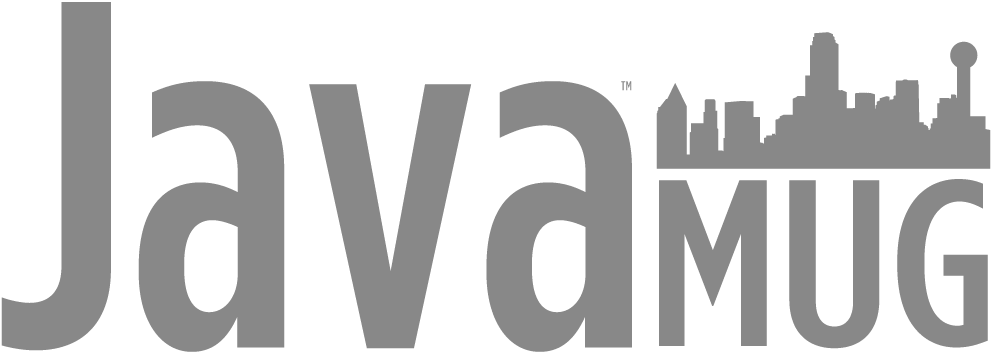Business applications require tremendous flexibility in order to adapt to changing customer demands, regulatory requirements, company policies and competition. Business rules technology enables a clear separation between true business policy and the rest of the application code, allowing the business policy to change independently and providing the ability for end business users to directly modify and maintain the business rules while providing greater control, flexibility and functionality to IT. Business Rules are an increasingly important means for managing highly variable business logic in Java technology-based applications, and in Java technology-based integration layers in the enterprise.
Object oriented languages such as Java provide an ideal foundation for rule-based development, and Java technology-based applications built around inference engines enable the rapid, business-driven evolution of software behavior required in many rapidly changing business environments. In general, rule-based architectures permit information-driven enterprises to decouple the way they engage their customers from static software implementations, allowing more rapid product evolution, improved customer service delivery, and increased day-to-day flexibility in operations.
This presentation will discuss:
- Evolution of business rules technology (from rule engines to business rules management)
- How to integrate business rules technology into Java applications and legacy systems, including applications running on the J2EE platform
- How to identify structural and fixed versus non-structural and changeable logic elements in your design
- How more flexible applications can be developed using business rules with real-world examples and demos
